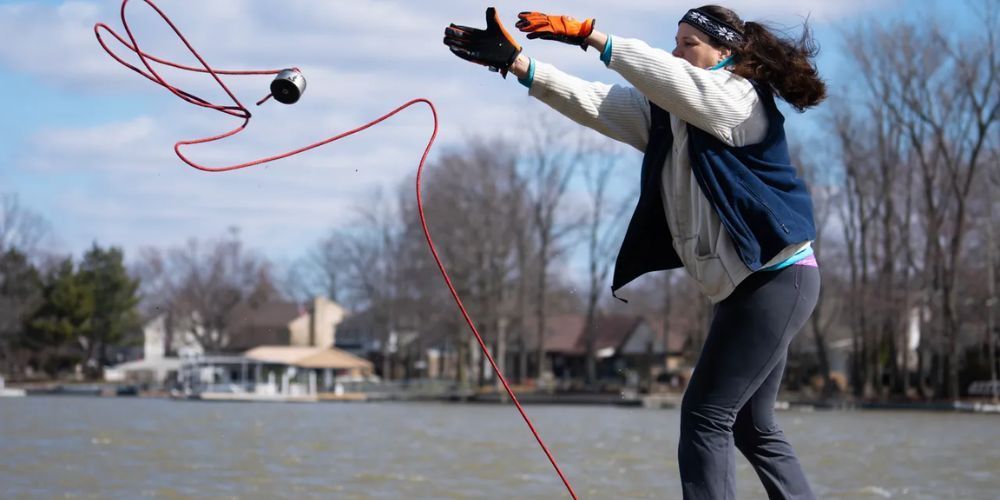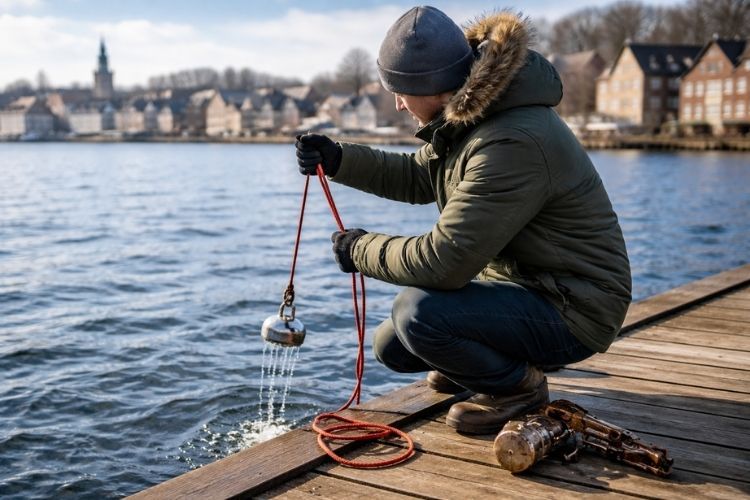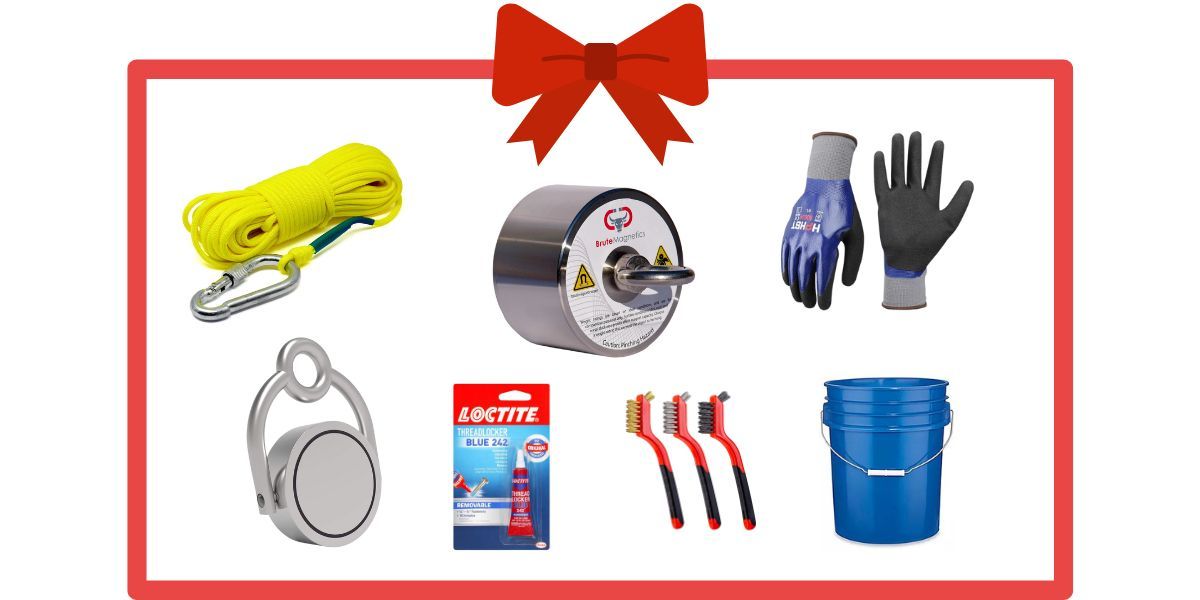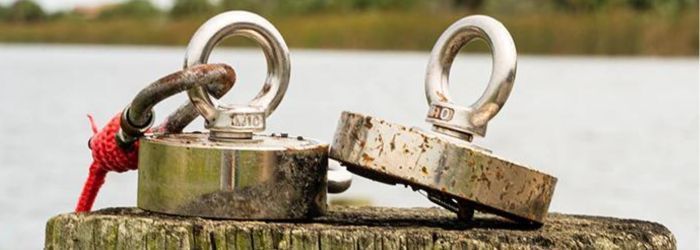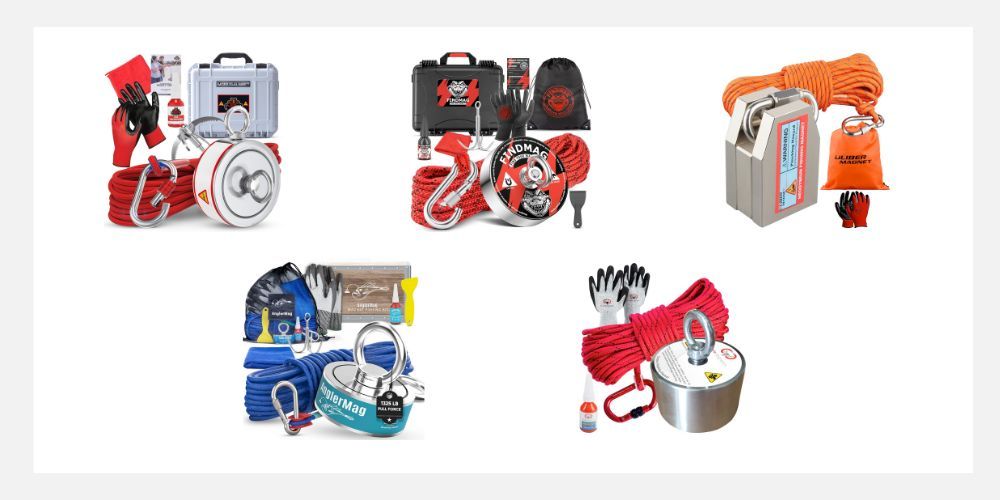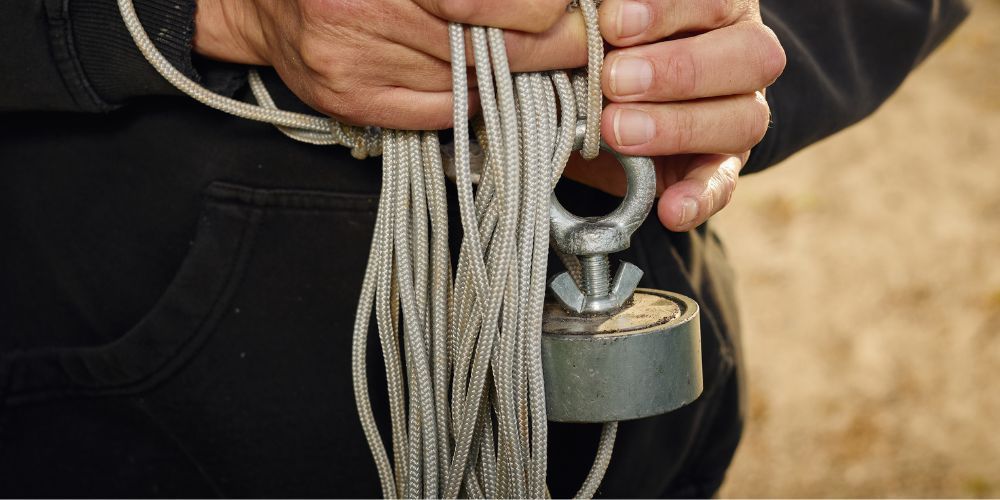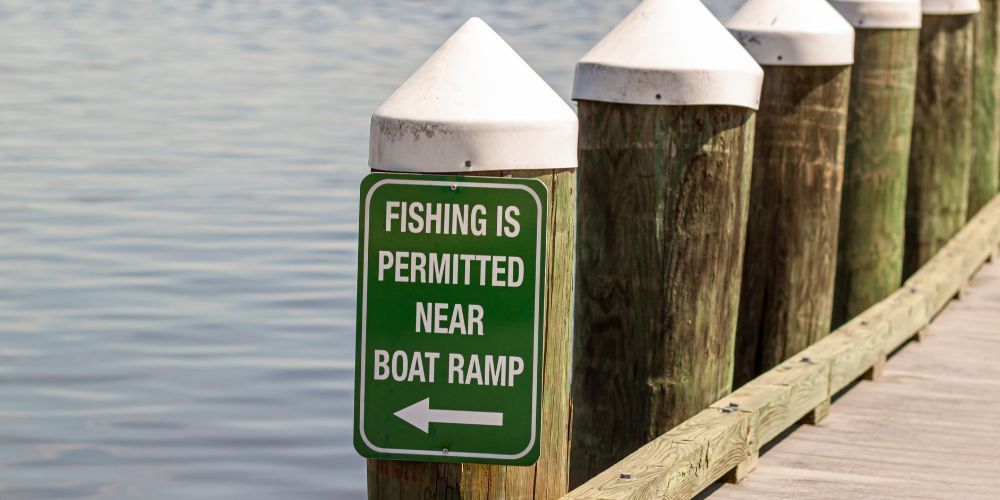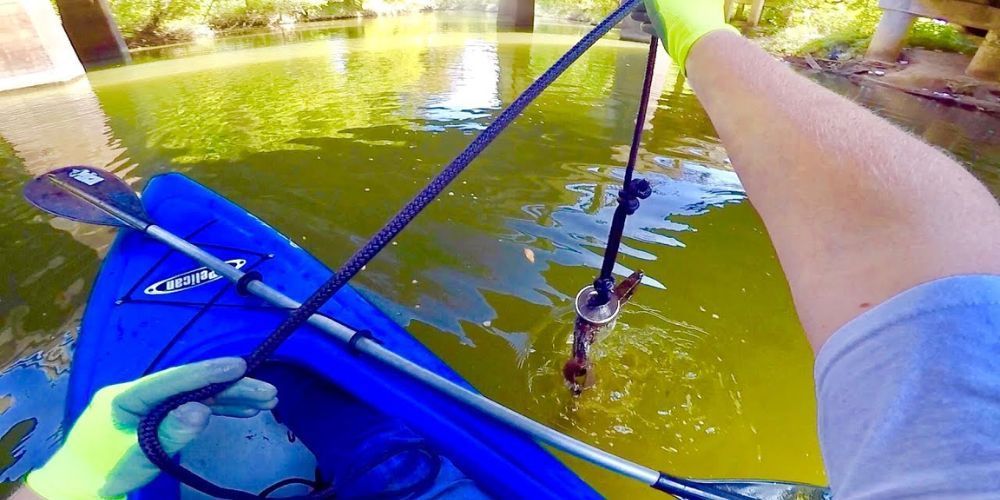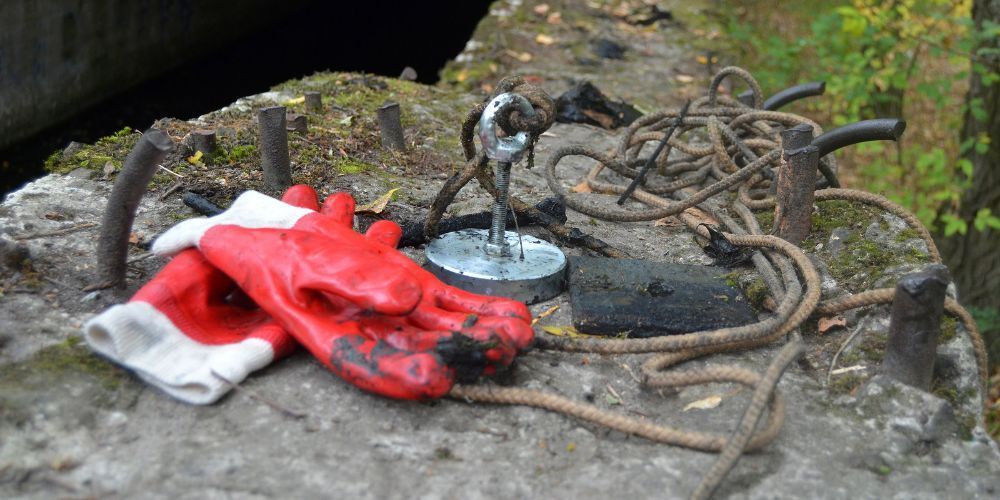International Magnet Fishing Laws: A Comparative Overview
Last Updated: May 7, 2025
Hey magnet fishing enthusiasts! I bet you've wondered if you can bring your favorite hobby along on your next international trip. After all, few things beat the thrill of dipping your magnet into unfamiliar waters and discovering unique treasures from another part of the world!
But before you pack your gear, let's talk about something super important – the legal side of magnet fishing in different countries. Laws vary wildly across the globe, and what's perfectly fine in one place might land you in hot water somewhere else.

UK: The Land of Mixed Messages
In the United Kingdom, magnet fishing exists in a fascinating legal gray area. There's no specific law that says "thou shalt not magnet fish," but that doesn't mean it's always allowed.
Most canals and waterways in the UK are managed by the Canal & River Trust, which technically requires a permit for magnet fishing. Many magnet fishers have reported being asked to leave by officials, while others fish regularly without issues.
The main concerns in the UK revolve around:
Safety risks from unexploded ordnance (especially WWII leftovers)
- Environmental impact
- Disruption to boat navigation
If you're planning to magnet fish in the UK, your best bet is to contact local authorities or the Canal & River Trust beforehand. Some locations are more strictly monitored than others.
Germany: Strict Regulations and Historical Concerns
Germany takes a much firmer stance on magnet fishing, and for good reason. With its complex history, German waters are filled with potentially dangerous war relics.
In most German states (Bundesländer), magnet fishing requires:
- An official permit
- Registration with local authorities
- Immediate reporting of any weapons or historical artifacts
Some areas ban the practice entirely due to safety concerns. German authorities are particularly worried about unexploded WWII bombs and ammunition, which still pose real dangers.
I once chatted with a German magnet fisher who told me he had to take a special safety course before getting his permit - talk about taking things seriously!
France: A Regional Approach
France takes a regional approach to magnet fishing regulations. In some departments, it's completely banned, while others allow it with varying restrictions.
French authorities are primarily concerned with:
- Historical preservation
- Unexploded ordnance
- Water quality
The Seine River in Paris, for instance, has seen periodic crackdowns on magnet fishers. In 2018, a high-profile incident occurred when someone pulled up unexploded WWII munitions, leading to temporary evacuations.
If you're considering magnet fishing in France, you'll need to research the specific rules for the exact department you'll be visiting. And remember, finding items of historical significance means you're legally required to declare them!
Netherlands: Increasingly Restricted
The Netherlands has been tightening regulations on magnet fishing in recent years. While it used to be widely practiced with few restrictions, more cities are now limiting or banning it.
Amsterdam, Rotterdam, and Utrecht have all implemented restrictions, largely due to:
- Public safety concerns after several incidents with explosive finds
- Environmental protection
- Historic preservation
Dutch authorities particularly emphasize the danger of unexploded WWII ordnance, which continues to be discovered regularly throughout the country.
Canada: Generally Permitted with Caveats
Canada is relatively magnet fishing-friendly, with few explicit prohibitions. However, there are important exceptions:
- Provincial parks and protected areas often have their own rules
- Historical sites and certain waterways may be off-limits
- Any found weapons must be reported immediately
The real catch in Canada comes with what you might find. The country has strong laws protecting heritage items, and anything of historical significance technically belongs to the Crown.
Australia: Environmental Focus
In Australia, magnet fishing regulations focus heavily on environmental protection. While not explicitly banned nationwide, there are significant restrictions in:
- Marine parks
- Protected harbors
- Heritage waterways
Australian authorities are particularly concerned about disruption to aquatic ecosystems and damage to historically significant items.
United States: The State-by-State Patchwork
If you've read our state-by-state guide to magnet fishing laws, you know that regulations in the US vary dramatically depending on where you are.
Some states embrace the hobby while others restrict it. The most common regulations relate to:
- Permits for state parks and waterways
- Restrictions on keeping certain finds (especially historical items)
- Requirements to report weapons or dangerous materials
Always check local regulations before dropping your magnet, as rules can vary even between neighboring counties!
Safety First: Universal Concerns
While legal frameworks differ, some safety concerns are universal. No matter where you're magnet fishing, you should always:
- Wear appropriate safety gear, including cut-resistant gloves
- Have a plan for properly disposing of your finds
- Know what to do if you find a weapon
- Respect environmental protections
Tips for International Magnet Fishing
If you're determined to try magnet fishing abroad, here are my top tips:
- Research thoroughly before you go - Laws change frequently, so check recent sources
- Contact local authorities directly - When in doubt, ask!
- Join local magnet fishing groups - Facebook and other social platforms have groups for most countries
- Carry a translation of relevant regulations - Helpful if approached by officials
- Pack your essential gear - But check airline restrictions for magnets
The Bottom Line
Magnet fishing offers a unique way to explore a country's waterways and history, but it comes with serious legal responsibilities. What seems like innocent treasure hunting to you might be viewed as tampering with historical artifacts or creating environmental hazards by local authorities.
When in doubt, remember that getting permission first is always better than asking for forgiveness later. Most magnet fishers report that local authorities are reasonable when approached respectfully and with a clear understanding of potential concerns.
Have you tried magnet fishing in another country? I'd love to hear about your experiences.
Can I bring my magnet fishing equipment on a plane?
Yes, but with precautions. Most airlines allow strong magnets in checked baggage, but they may need to be properly shielded to prevent interference with aircraft navigation systems. Always check with your specific airline before traveling.
What should I do if I find something historically significant while magnet fishing abroad?
Laws vary by country, but the universal best practice is to report significant finds to local authorities. Many countries have laws requiring the declaration of historical artifacts, and failing to do so can result in hefty fines or even criminal charges.
Are there any countries where magnet fishing is completely legal without restrictions?
There are very few, if any, countries without any restrictions on magnet fishing. Even in countries where it's widely practiced and accepted, there are usually still rules about where you can fish and what you can keep.
Author: Will Flaiz



